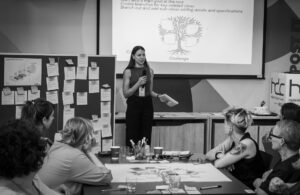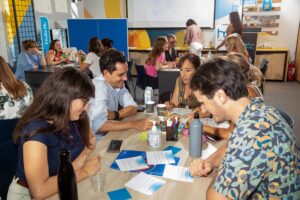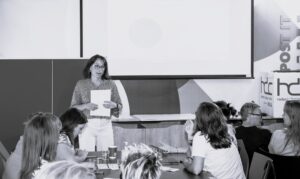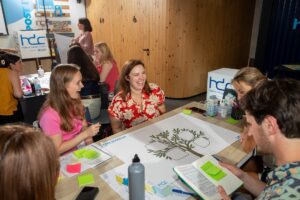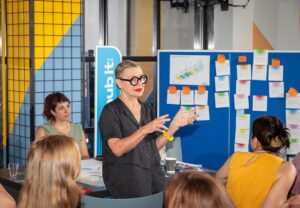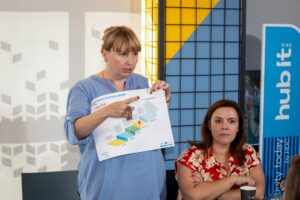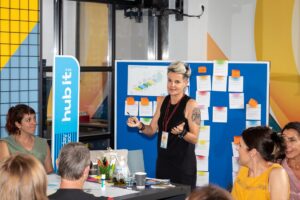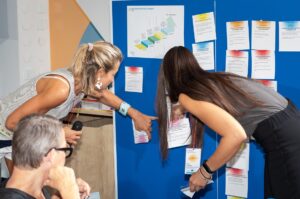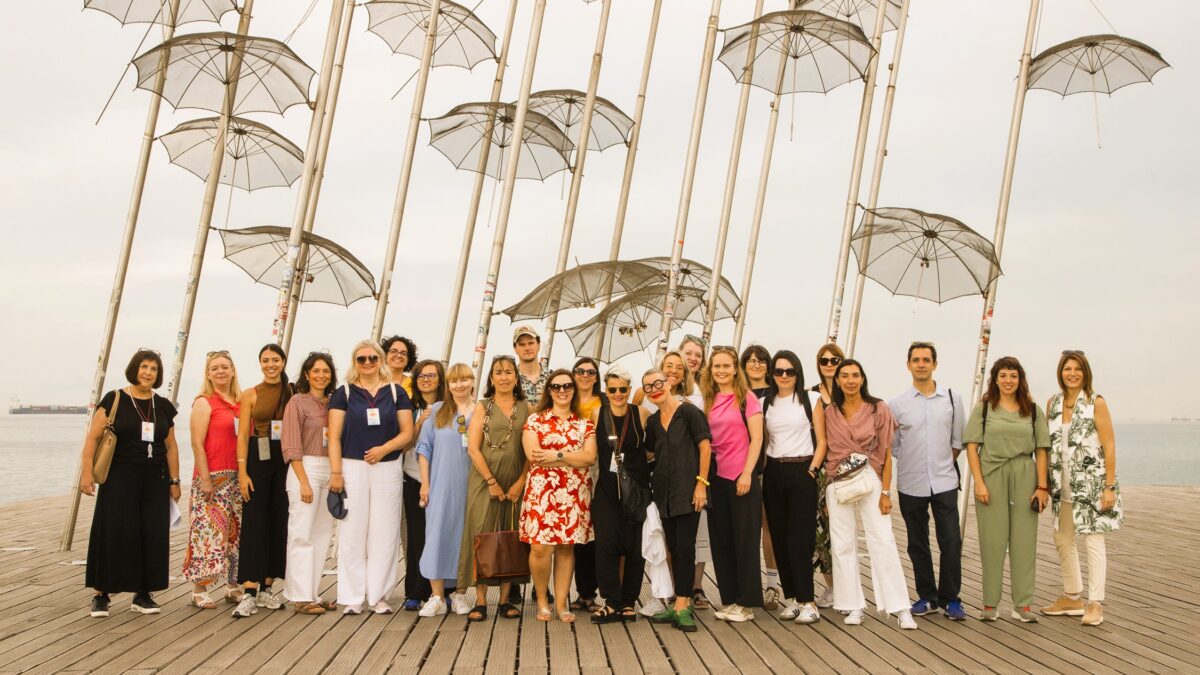
The 3rd Transnational Workshop within the framework of the European project PICOBELLO was hosted by KEPA, 16th – 18th of September, at the premises of the Hellenic Design Centre in Thessaloniki.
The three-day program focused on the theme of “Aesthetics.” According to the principles of the New European Bauhaus (NEB), aesthetics goes beyond the limits of mere beauty, emphasizing style and attractiveness as an integral part of the quality of experience, human well-being, and the connection with nature and sustainability.
The PICOBELLO consortium members, along with stakeholders from Poland, Greece, Spain, Latvia, Finland, and France, had the opportunity to engage in discussions, share good practices, and exchange knowledge on the innovative use of materials that combine contemporary aesthetics with local heritage. The aim was to create spaces that are beautiful, sustainable, and inclusive for all.
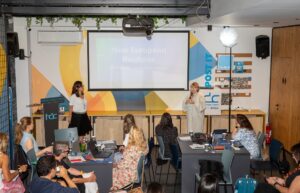
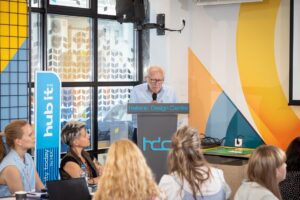
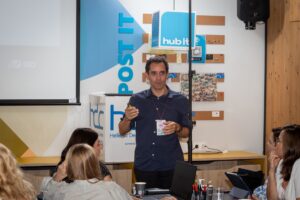
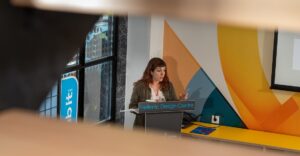
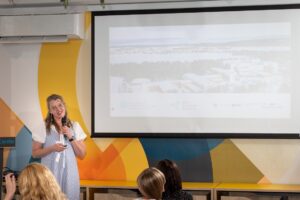
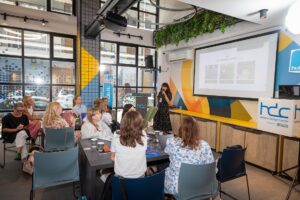
🌀 The workshop kicked off with presentations by representatives from local organizations on urban development, including Ms. Nadia Bessa from the Region of Central Macedonia, Dr. George Papastergios from the Municipality of Thessaloniki, and Ms. Paraskevi Tarani from the Development Agency of Greater Thessaloniki S.A. This was followed by a circular economy workshop entitled “Use, Reuse, Recycle: Everyday Life in “Ano Poli” of Thessaloniki through the Centuries,” offered to consortium members by KEPA.
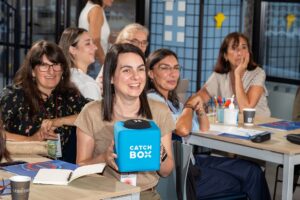
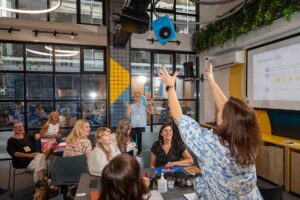
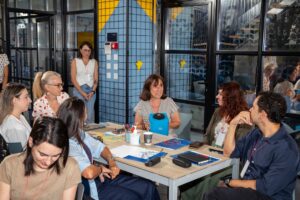
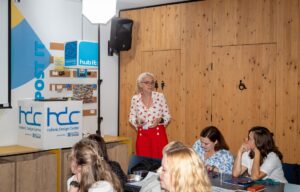
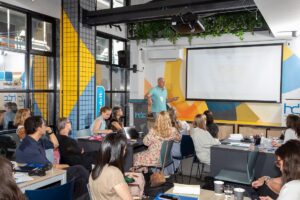
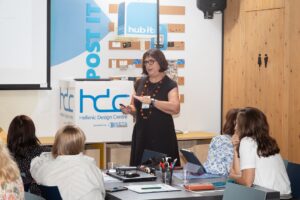
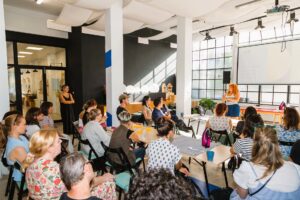
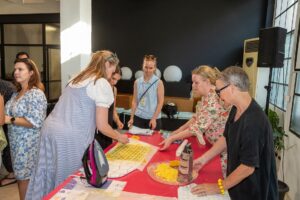
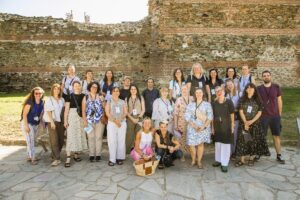
🌀 The program also included on-site visits to institutions of architectural design and culture, such as the Goethe-Institut, the Thessaloniki Concert Hall with its award-winning M2 building, as well as the New Waterfront—an urban landmark whose redevelopment attracted thousands of people to its promenade, leaving a positive impact on the daily lives of citizens.
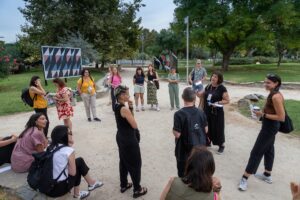
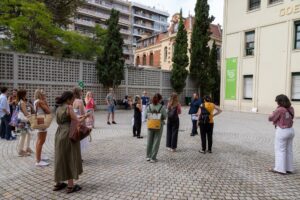
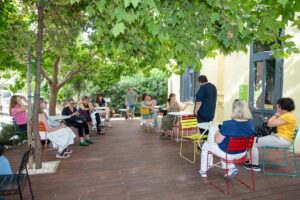
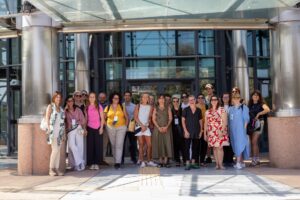
🌀 The activities of the three-day program culminated in a participatory workshop on “Defining policy and potential pilot actions based on regional citizen engagement.” This session focused on shaping policy measures and implementing pilot initiatives aimed at involving citizens, public institutions, and local government authorities in supporting innovative solutions guided by NEB’s principles, i.e. sustainability (#sustainable), inclusion (#together), and aesthetics (#beautiful).
